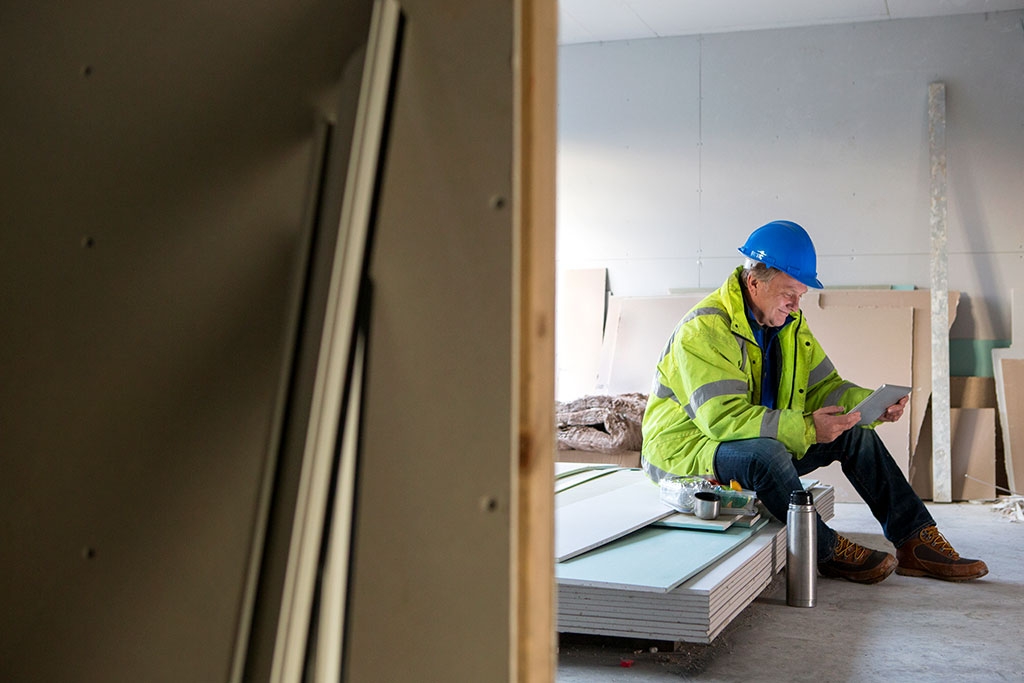Becoming an electrician means more than just having a job; it’s a career path that can provide you with job security, a good income, and a ton of employment opportunities. With the proper credentials, you can find numerous job opportunities for electricians both within the U.S. and abroad, allowing you to work on diverse projects.
But do you know what is required to become an electrician? It’s important to understand everything that goes into this type of job, from how long it takes to get an electrician license and what courses are available to take – knowing the answers to these can help you plan properly.
To make it a bit easier for you, we’ve put together a quick timeline of the schooling, courses, and licenses required to help you get an electrician license and continue to improve your career.
Estimated Timeline to Get an Electrician License
When getting your electrician license, the time it takes will largely depend on your previous experience and what level you're targeting. There are different levels of electricians, from apprentice to master. Each one is more rewarding than the previous one, but at the same time, you'll need more hands-on experience as you progress.
Regardless of your level, you must always follow the state or municipality's requirements and regulations. A licensed electrician receives higher pay than unlicensed apprentices. If you decide to push further and become a master electrician or electrical contractor, you'll not only have an even higher income but more flexibility and autonomy to perform your job.
Let’s not get ahead of ourselves – we’ll start from the beginning!
1. Four Years of High School or GED
You'll need at least a high school diploma or GED to start your work as a journeyman electrician. But if you've already completed this, you can scratch it off your list.
2. Nine Months to Two Years for Trade School
Not all states require this, but if you’re required to attend a trade school, this is the usual time it takes to complete it. It's always a good idea to attend a vocational program like this. An excellent starting point for your apprenticeship, it provides you with a significant amount of knowledge on things like local building codes and workplace safety.
3. 4,000 to 12,000 Hours of On-The-Job Training
Whether you've been to a trade school or not, you will need on-the-job training to formally begin your career as an electrician. Depending on your location, most states will require you to have a license before you start working. However, before getting a license, you'll need to complete between 4,000 and 8,000 hours of on-the-job training as an electrician apprentice.
If you're aiming to be a master electrician, some states require you to have up to 12,000 work hours before taking the necessary licensing exam. This number translates to roughly six years of full-time work.
4. Passing the Electrician License Exam
Taking the licensing exam and passing it is not always a one-off process. Some states require you to go through an exam and get a license for each electrician level, from apprentice to journeyman to master.
Continuing Education & License Renewal for Electricians
Even if you need to take the licensing exam more than once, it's always better to try to pass it on the first try and at your own pace. And if you need to renew your license, it can be tough to fit in the training and credits needed with your busy schedule. Something that can make it a bit easier when it does come time to renew? Taking the At Leisure MA electrician courses online and at your leisure.
What makes this course so special and unlike any other? We don’t want to brag, BUT when you enroll in our continuing education courses you can start and stop your exam at anytime (with autosave as you go along, so you won’t lose your place), interactive videos with quiz questions, a no-fail final exam, and you’ll even learn from industry-leading (and actually fun, we promise!) instructors and stay up-to-date on all the industry regulations and changes.
Ready to renew your electrician license? Contact us today so we can assist you in your chosen career.

